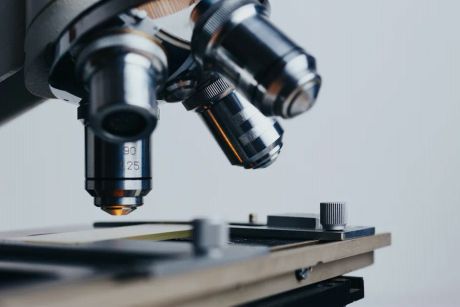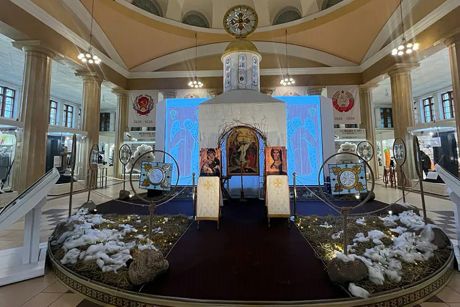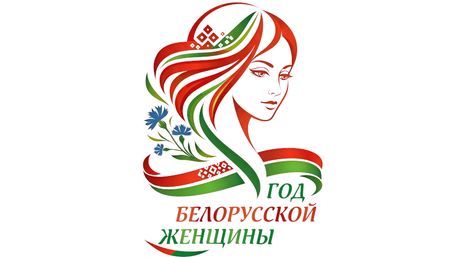Belarus working to create a research reactor
13:51, 29 March
Belarus is developing a research reactor, Chairman of the Presidium of the National Academy of Sciences of Belarus Vladimir Gusakov said on the sidelines of the Congress of Young Scientists of Belarus and Russia, BelTA has learned.
- Share on Facebook
- Share on VK
- Share on Twitter
“Last year we visited the Kurchatov Institute, we saw the PIK research reactor in Gatchina. We agreed on cooperation. We are ready to sign an agreement on collaboration in fundamental research. We are also working to create a research reactor in Belarus in order to fulfill more practical tasks - to ensure the safety of the Belarusian nuclear power plant (BelNPP),” said Vladimir Gusakov.
He noted that Belarusian and Russian scientists have common goals and objectives in the field of space, Earth remote sensing satellites, new materials, medicine, biotechnology, electric transport, agriculture and other areas. “We have cooperation roadmaps and joint programs in fundamental research. It is important for both countries to achieve significant results in a variety of areas. Our potential allows us to be on a par with our foreign peers,” the chairman of the Presidium of the National Academy of Sciences emphasized.
The decision to hold the Congress of Young Scientists of Belarus and Russia was made by the presidents of Belarus and Russia in December 2022. The event is timed to the Day of Unity of the Peoples of Belarus and Russia.
The congress is attended by young researchers from research centers and higher learning institutions of the two countries. The Russian Federation is represented by the Kurchatov Institute and the Russian Academy of Sciences, including the St. Petersburg Federal Research Center and the Siberian and Far Eastern branches of the academy.
The plenary session “Young scientists: tasks and areas of cooperation for developing a common scientific and technological space between Belarus and Russia” is scheduled for 29 March. Reports on priority directions of international scientific and technical cooperation between young scientists of the two countries will be presented there.
The inauguration of a branch of Russia's Kurchatov Institute at the National Academy of Sciences of Belarus will take place as part of the congress.
The congress participants will visit a number of research organizations of the National Academy of Sciences of Belarus. The cultural program will highlight the historical and cultural heritage of Belarus.






